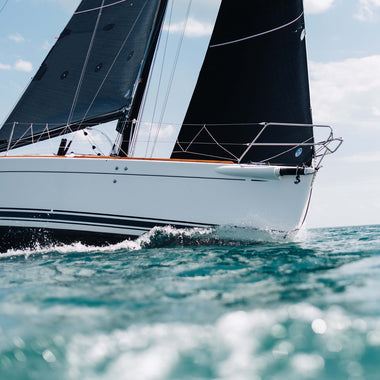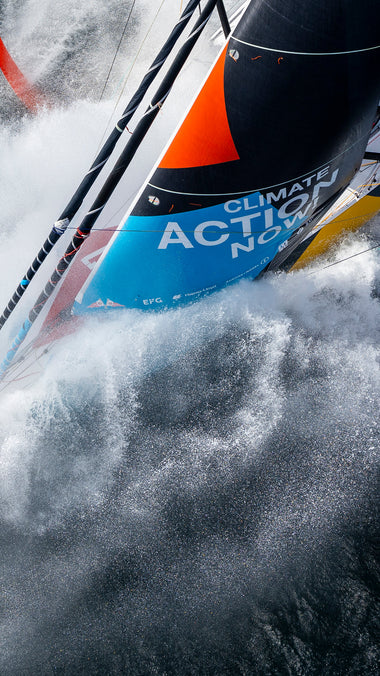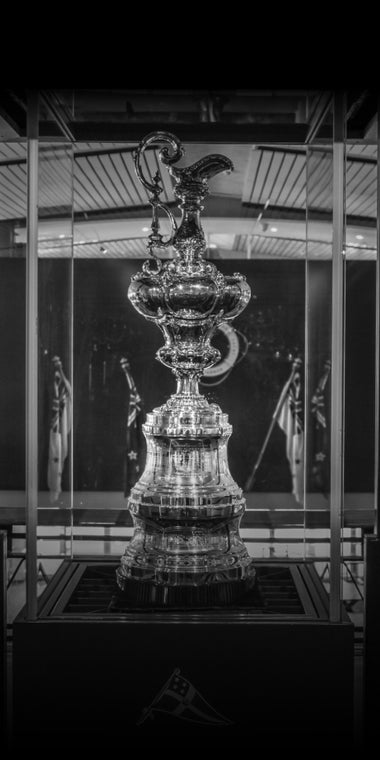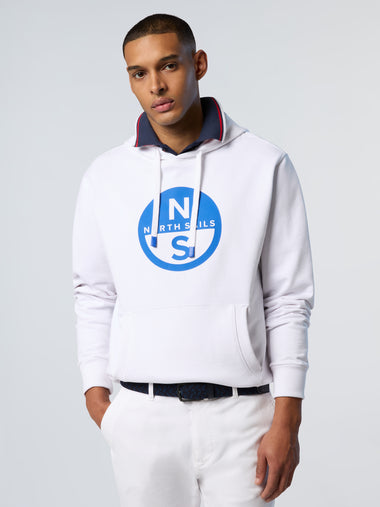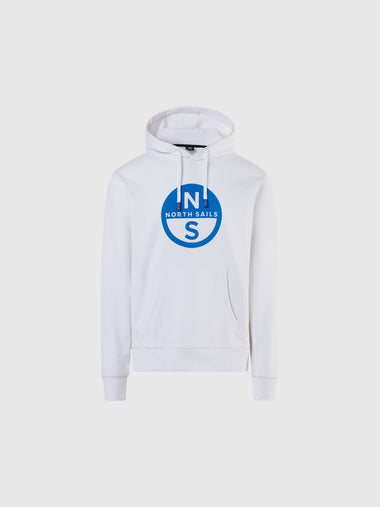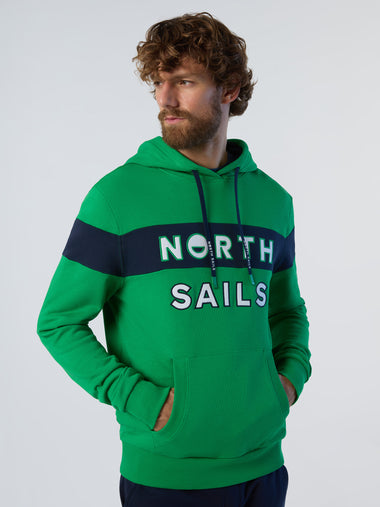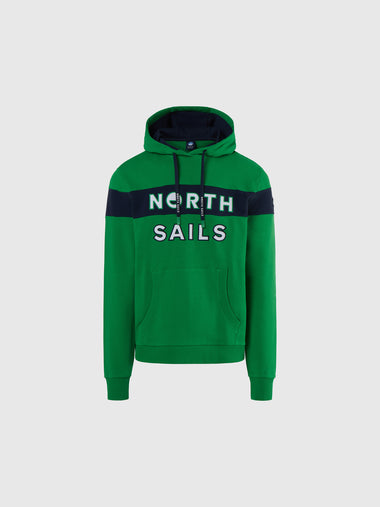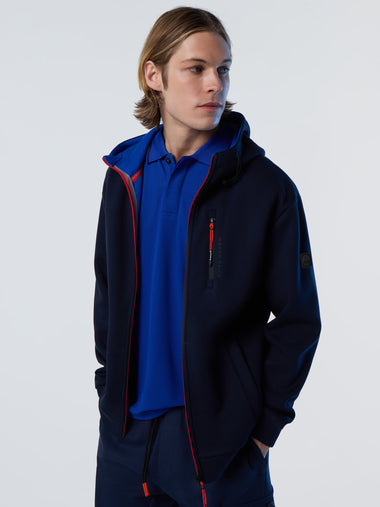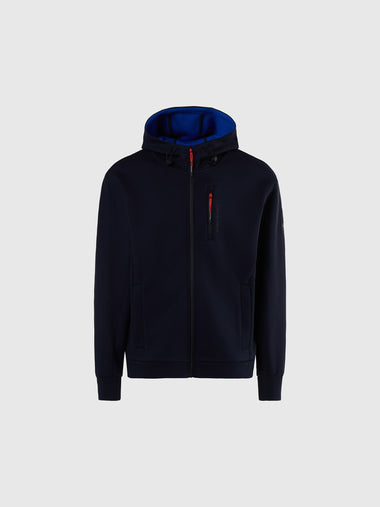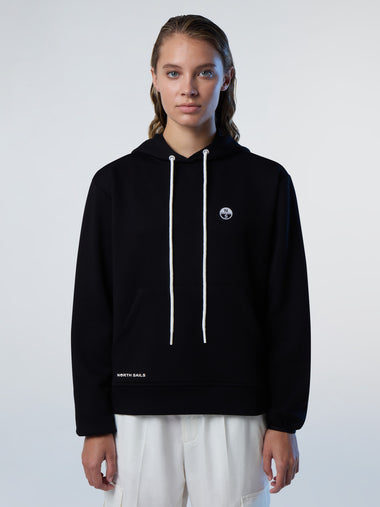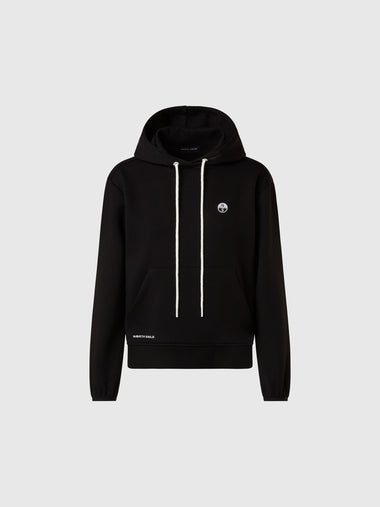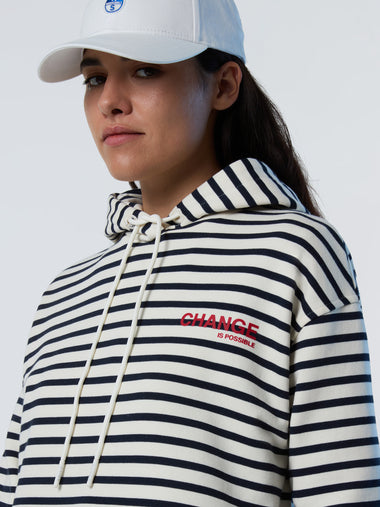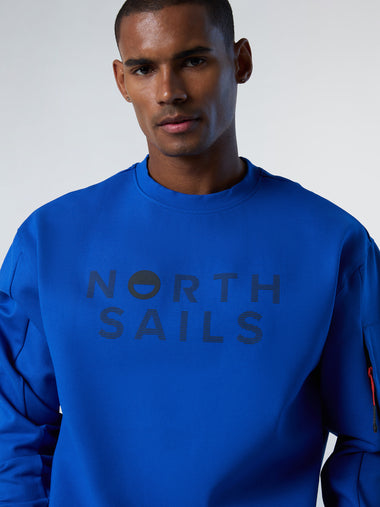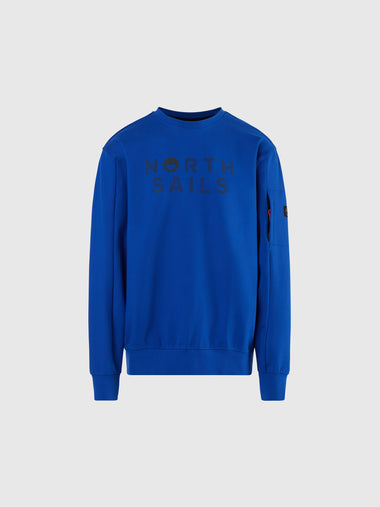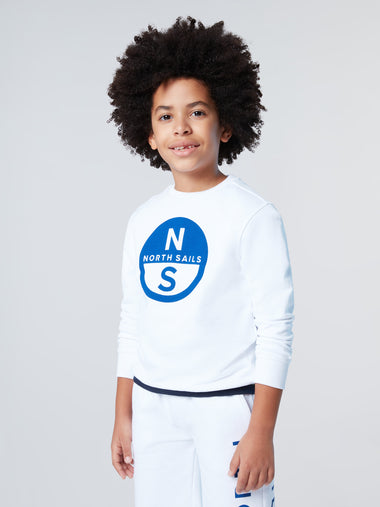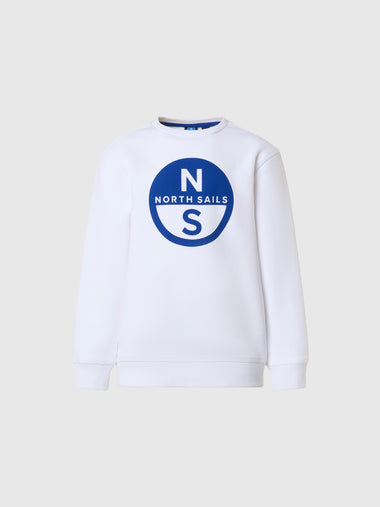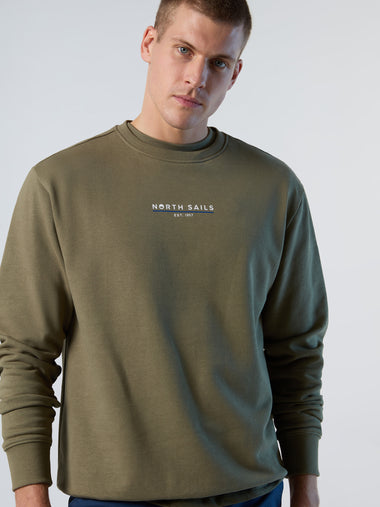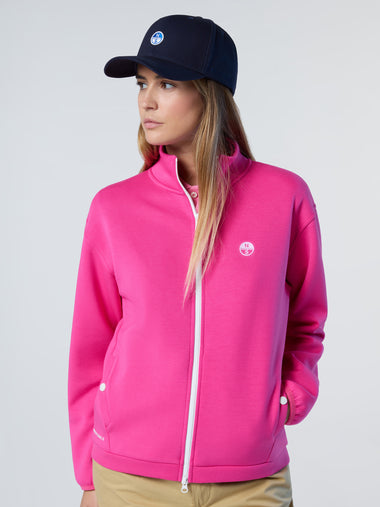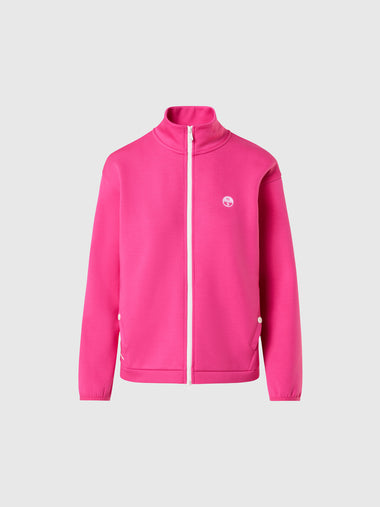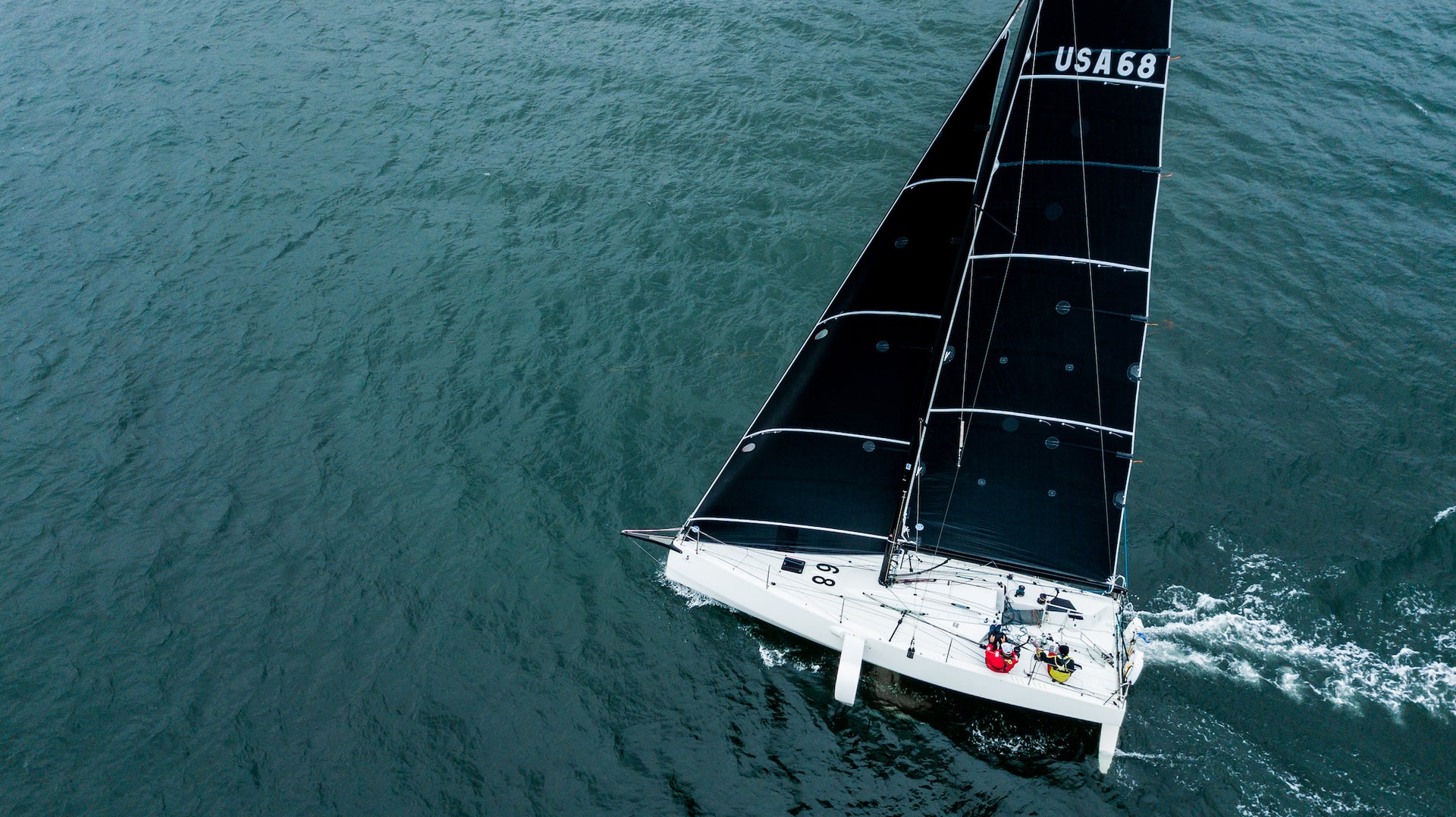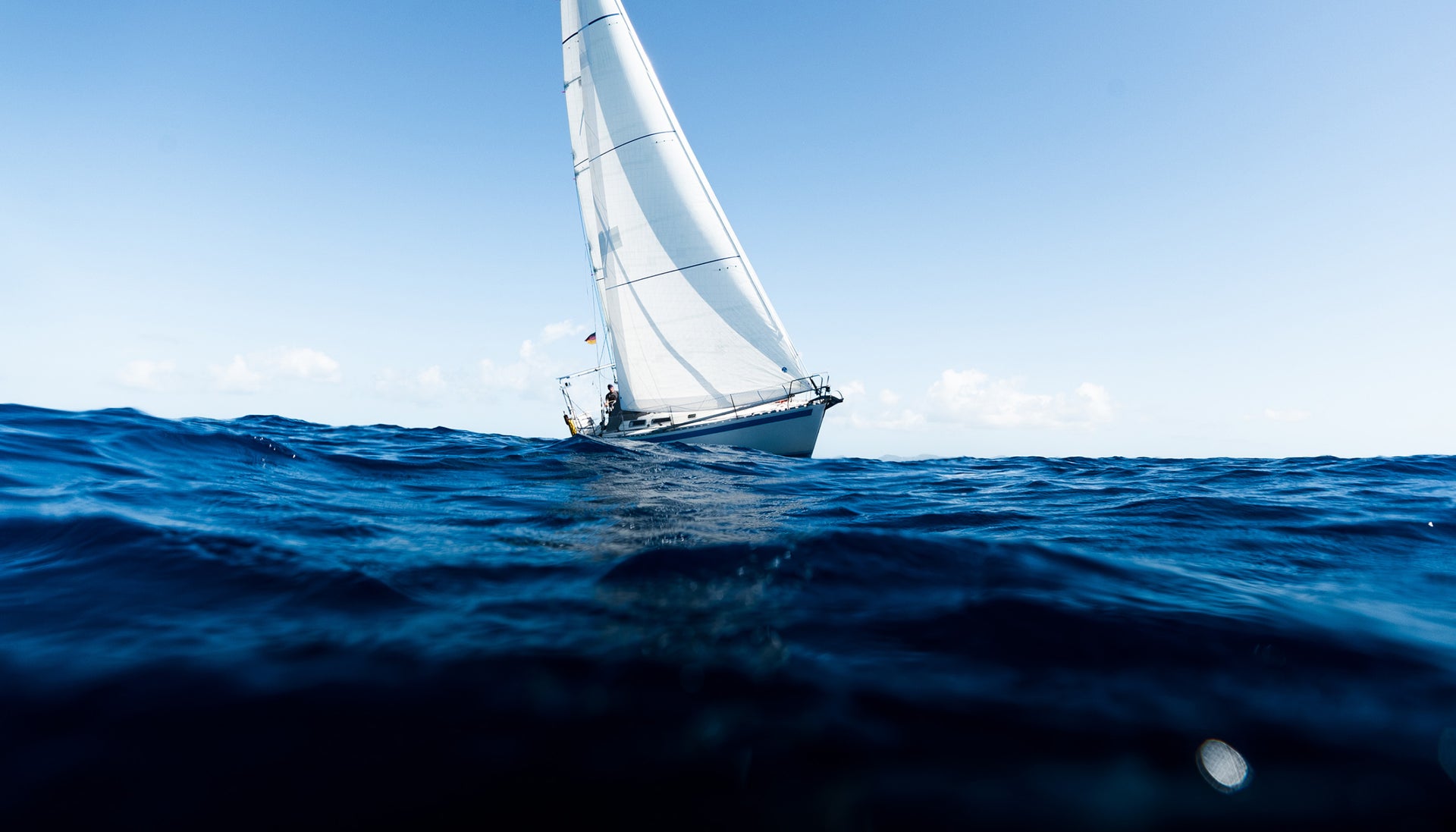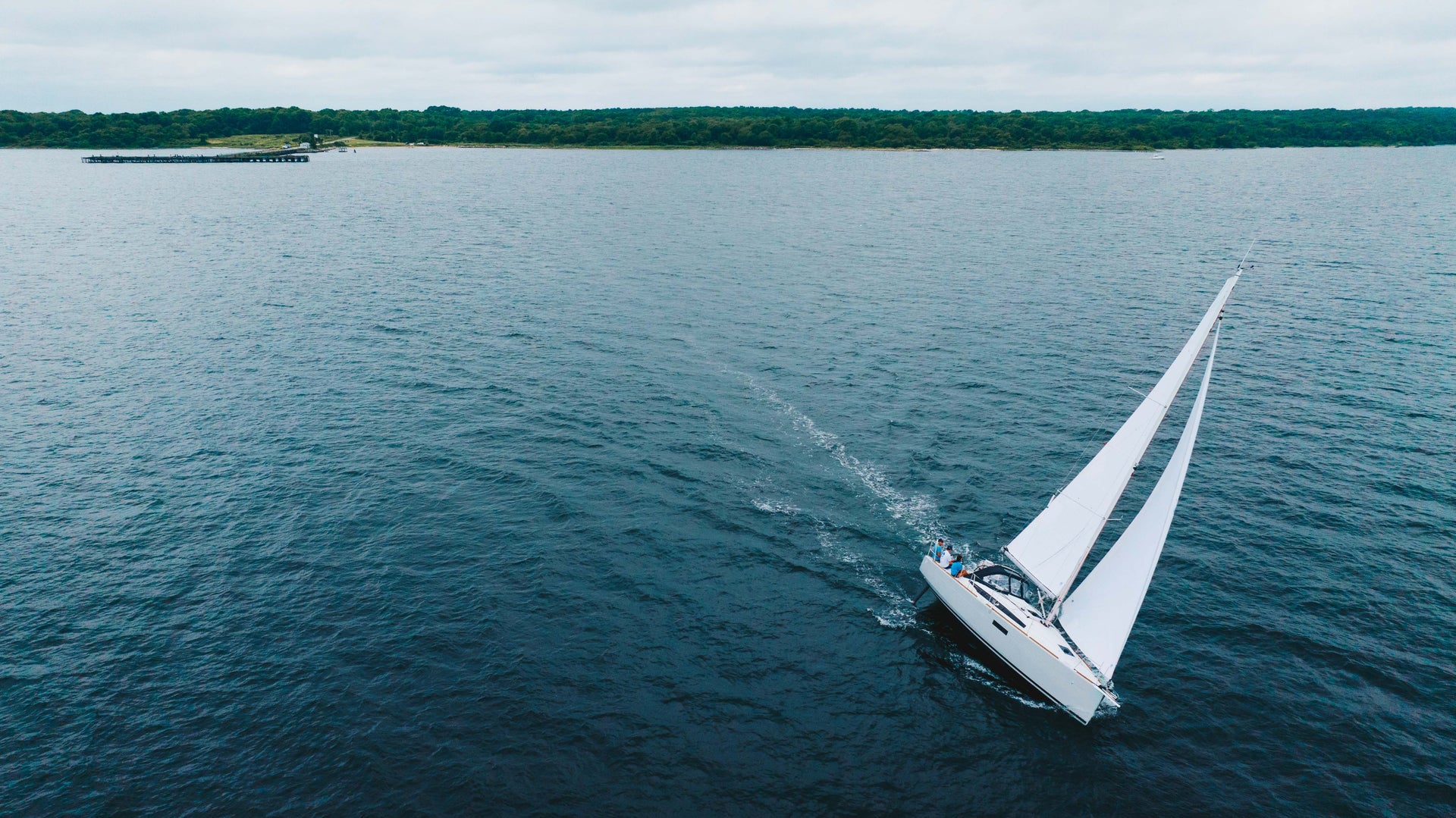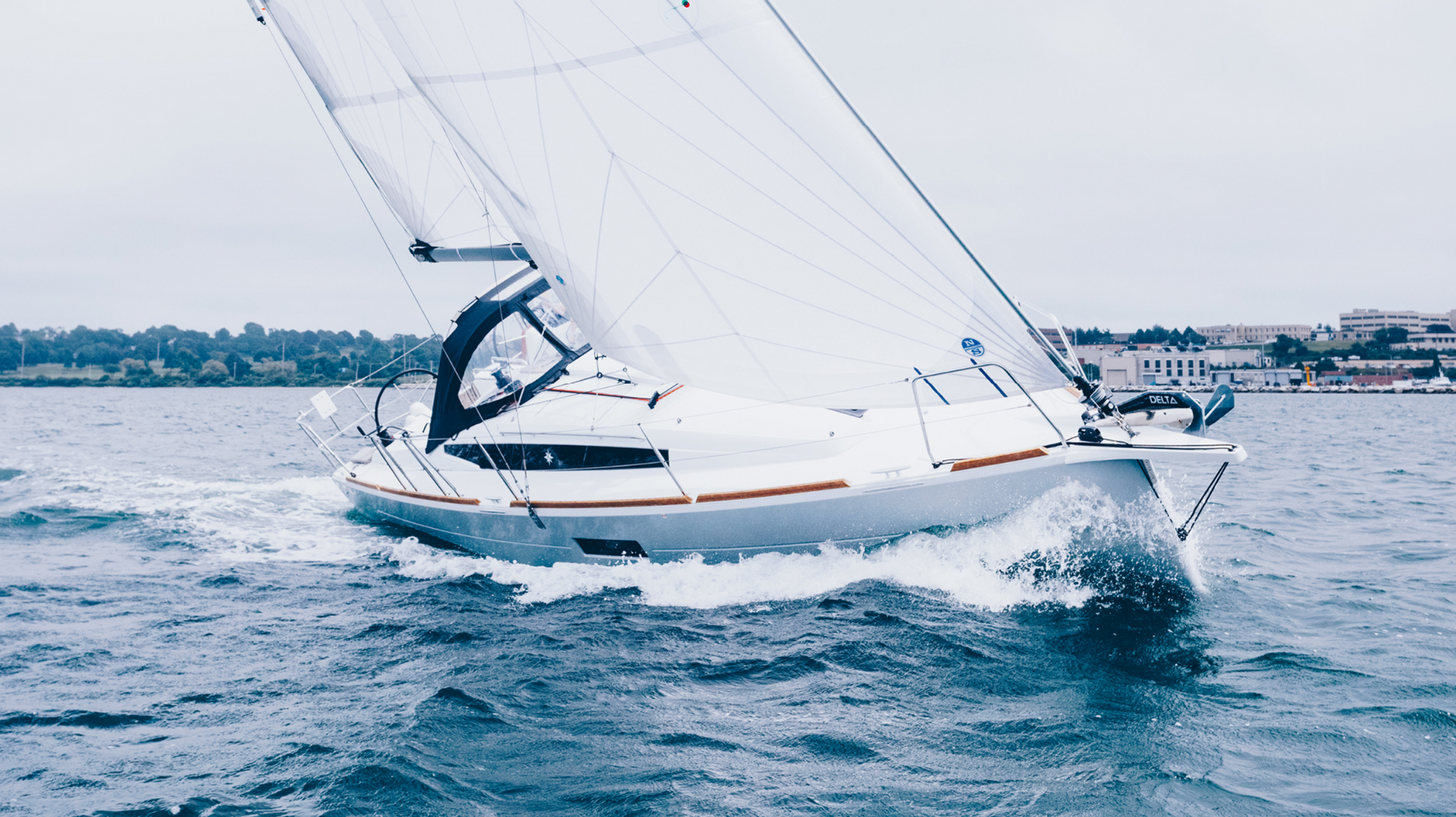BECOMING A DOUBLEHANDED TEAM
STATE STREET MARATHON SAILING IS BECOMING A TEAM
Gearing Up and Building their Doublehanded Campaign for Paris 2024
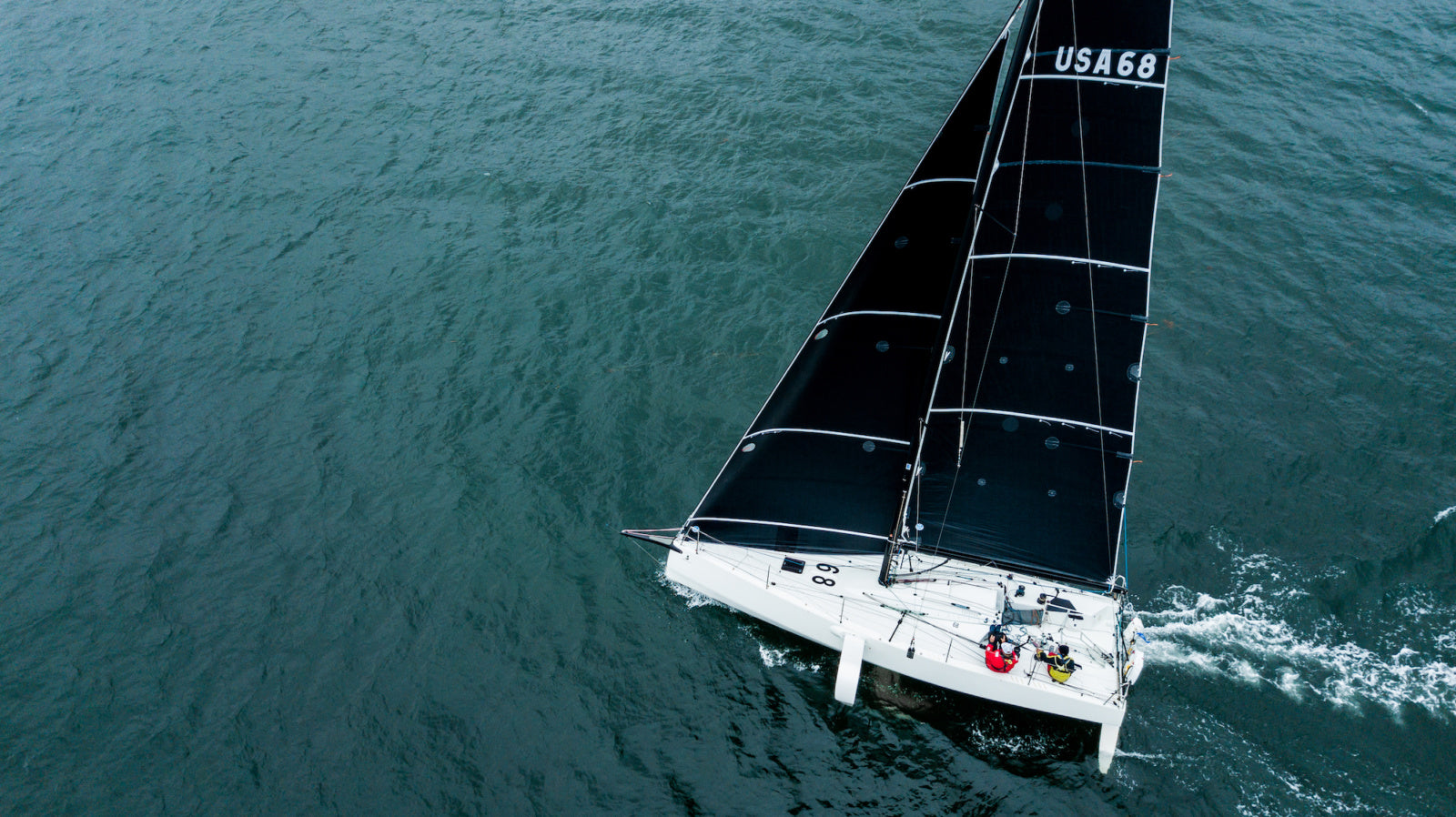
By the time most people are making their morning coffee, Jesse Fielding and Francesca Clapcich have logged a 20-mile bike ride with their team. Getting to their goals includes a training regimen on par with any other athlete training for the 2024 Paris games. If they aren’t on their bikes in the morning, they are in the gym where, in addition to workouts, they practice mobility to keep them limber on deck during sail changes and maneuvers.
After they’ve logged their workout, rehydrated, and caffeinated, the pair head to their newly set-up training complex. A space on the Newport, Rhode Island waterfront where a trailer and large industrial building houses various equipment and parts, and a commercial tent is the base for the athletes.
On this particular morning, Clapcich is dealing with an unresponsive wifi router while Fielding runs errands in preparation for the weekend’s Ida Lewis Distance Race. Before lunch, the pair will take a look at weather routing and work with their training partners to devise the best course for the weekend’s racing.
Being an offshore sailor, especially one with Olympic aspirations, means being a multi-faceted competitor. If the team isn’t working out or sailing, they are making sure their sails and equipment are in top shape, studying the conditions, and working on their team dynamic.
“It takes a complete sailor to exist in the doublehanded discipline, right?” Says Fielding, “ And so it’s a big bucket to fill, and you are filling it with all the different little cups of knowledge you can from all the different sectors of the sport as a whole, whether it’s fitness or mechanics of the boat or sailing speed and smarts, et cetera, performance, et cetera. That being said, you can never fill that bucket alone. I really want to highlight the fact that this discipline, specifically in offshore sailing, requires a co-skipper. And that is co and equal in the complete sense of the word. And I think that is an incredible opportunity to showcase the better part of society, which would be a truly equal world, not only between genders but people as a whole.”

There is a certain buzz around the base, the Ida Lewis Distance Race boasts steep competition for the team, high winds, and challenging weather. It will give the team a chance to test their grit and their trust in each other as teammates when no one else is around.
Each session on the water is a chance for Fielding and Clapcich to prepare for whatever Paris 2024 could throw at them. Variety in training is important for the group, to the point where the program invites any seasoned sailors to come down to their base and train against them. It’s an open invitation to grow the discipline and get the best training possible against those who think they have what it takes.
By mid-afternoon, the two Beneteau Figaro 3s are pushing off the dock. There’s a light breeze on Narragansett Bay, nothing compared to what is expected for the weekend’s competition. Instead of an afternoon of sparring with their training counterparts, the goal for this afternoon is to hoist each sail in the team’s inventory and check all of the lines and reef points.
The Figaros are outfitted with North Sails 3Di RAW, sails specifically built for this kind of racing. The durability of 3Di is peace of mind for the team. The sails have been tested for days of racing in the toughest conditions and can withstand heavy loads for extended periods of time.
“It takes a complete sailor to exist in the doublehanded discipline, right? It’s a big bucket to fill, and you are filling it with all the different little cups of knowledge you can from all the different sectors of the sport as a whole”
As Clapcich and Fielding work through their pre-racing checklist, the teammates chatter idly about anything, including what they have been watching on Netflix this week. Their ease with each other is evidence of their commitment to the program’s success.
“We’re a great check and balance on each other.” Says Fielding. “We’re doing this together. We are leaning on each other’s skillsets, and I just think that that’s been a really pleasant part of the experience.”
The idea for the State Street Marathon Sailing platform came from Malcolm Gefter, the team manager.
“It’s always bothered me that in spite of how big the country is and how many sailors there are, the US performance in the games has been less than proportional to its ability based on size and talent. Creativity and innovation is integral. So faced with a new problem, the US should be pretty damn good at getting the answer. Since this is a double hand offshore program that’s new, right?”
He continues with how he recruited Fielding and Clapcich.
“In any other class, when you’re doing any other sailing, you say, ‘Well, who are the best Opti sailors? Who are the best 420 sailors? Who are the best college sailors?’ And it becomes obvious who the best sailors are. We were forced by virtue of the circumstances to say, ‘pick some team or a small number of people that you already know by their reputation are good sailors at the level that is necessary to even think about competitive level.’ Make them the reference standard, and then have everybody come and compare themselves to the reference standard that you use one by one by one rather than supporting a large base.”
When Fielding received the call, he was all in.
“To hear of an opportunity with such foresight and strength behind it and a plan and a place for me in that program, it was a great moment in my sailing timeline and personal timeline. And to have that program be here in Newport, in a startup phase, and get to join that program from early stages. It’s just an amazing opportunity.”

Fielding, who has career ties to North Sails, found offshore sailing through showing up on the dock, and got his break after his application was accepted to sail with the Morning Light program.
“I was passionate about offshore sailing. And I was lucky to have a resume that allowed me to join larger boat teams and go and learn from older sailors that have so much to give. So I still think there’s a huge knowledge transfer dynamic that happens from older sailors that pass down offshore sailing knowledge and experience, and you sort of get that in the situation. You have to be out there with those people to hear the story, see the example in action, and then learn.”
For Clapcich, the opportunity is equally as huge. As a two-time Olympian for Italy (she has since immigrated to the U.S.) and Volvo Ocean Race veteran, she is taking her leadership position at State Street in stride.
“Especially for women in the sport, it’s really hard to get opportunities. I feel more confident. The more you get older and the more you get to experience, it’s good to take on some leadership. And I feel that I’m in that stage of life, personally.” Clapcich continues, “The responsibility is high. You’re in charge of so many things. I want to be a good example where a woman in this sport can actually be in the leadership role.”
The program has a long way to go before 2024, but Fielding and Clapcich are ready to face the competition, they aren’t intimidated.
Francesca speaks up, “everyone is using the French teams as a benchmark, but of course. They sail a lot. They sail a lot offshore, and they sail solo, and they sail doublehanded. They are not unbeatable, the level is very close all around the world. And one little mistake can take you out of the running for the medal.”
After the Ida Lewis Distance Race, Fielding and Clapcich are 180 miles closer to Olympic competition.

